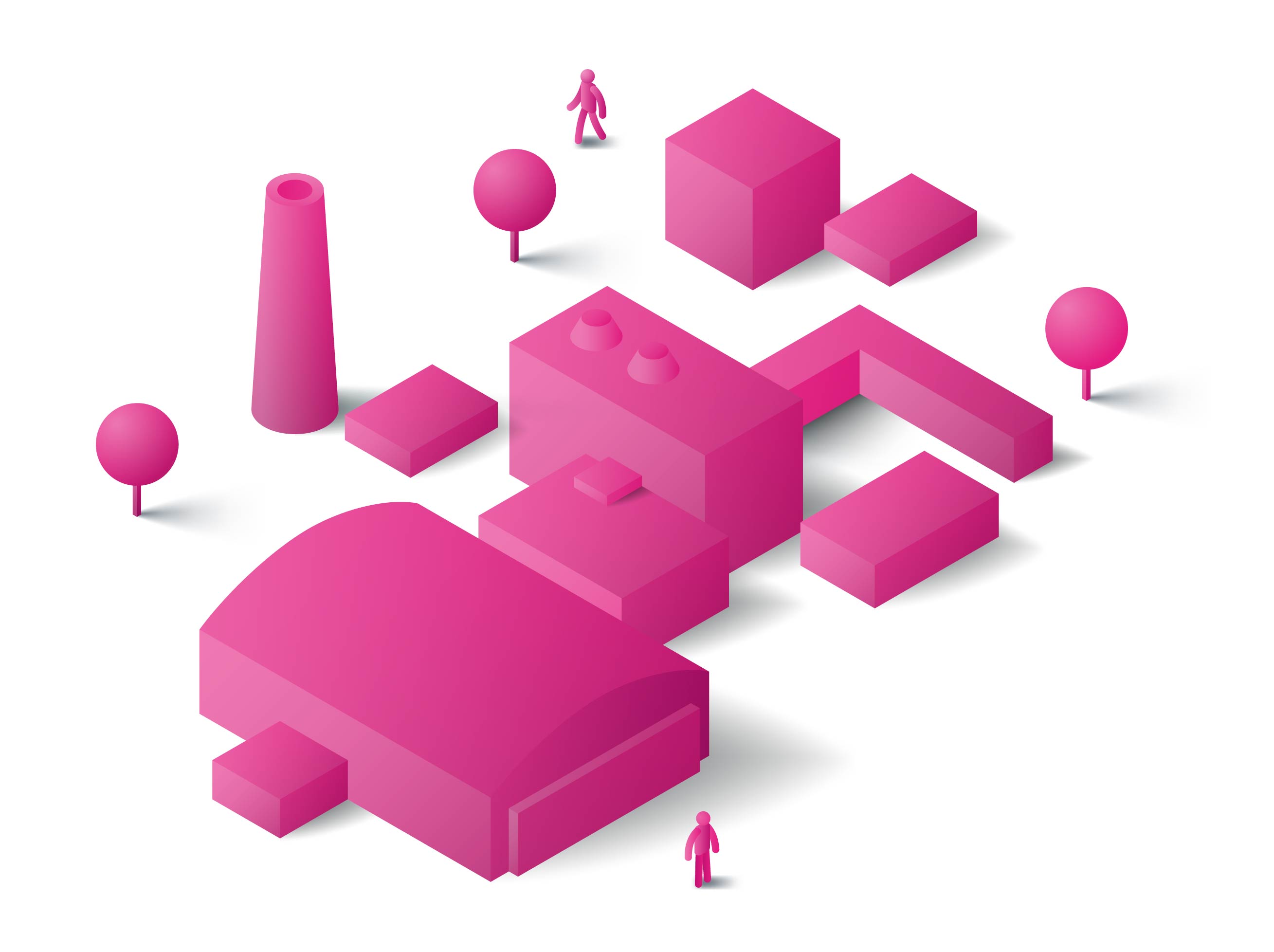Are you interested in being part of the wider roll out for Spark, our new AI-powered, learning chatbot? Register your interest here.
Home Specialist skills Technology and Software SOA for Architects & Managers: Designing and Managing Service-Oriented Architectures
SOA for Architects & Managers: Designing and Managing Service-Oriented Architectures
-
Understand the core principles and benefits of Service-Oriented Architecture
-
Design and model services that are reusable and scalable
-
Implement loose coupling and abstraction in service design
-
Manage the lifecycle and governance of services effectively
-
Integrate legacy systems into an SOA framework
-
Apply best practices for successful SOA implementation.
Overview
Off the shelf (OTS)
This course is designed for software architects, developers, and IT professionals who aim to design and implement scalable, maintainable, and interoperable systems using Service-Oriented Architecture (SOA) principles. It is particularly beneficial for those seeking to transition from monolithic applications to modular, service-based architectures that enhance flexibility and integration capabilities.
Participants should have a foundational understanding of software development and basic architectural concepts. Familiarity with web services and APIs is advantageous but not mandatory.
The SOA Training Course provides a comprehensive introduction to the principles and practices of Service-Oriented Architecture. Participants will explore the fundamental concepts of SOA, including service design, loose coupling, and reusability. The course covers the architecture of SOA, service governance, and the role of web services in enabling service orientation. Practical exercises and case studies will help attendees apply SOA principles to real-world scenarios, facilitating a deeper understanding of how to implement SOA effectively within their organizations.
Key Topics Covered:
• Introduction to Service-Oriented Architecture and its benefits
• Designing and modeling services for reusability and scalability
• Implementing loose coupling and service abstraction
• Service governance and lifecycle management
• Integrating legacy systems with SOA
• Best practices for SOA implementation and adoption
The course is delivered over two days and includes interactive presentations, group discussions, and hands-on exercises to reinforce learning.
Delivery method
Virtual
Course duration
14 hours
Competency level
Working

Delivery method
-
Virtual
Course duration
14 hours
Competency level
-
Working